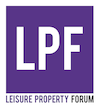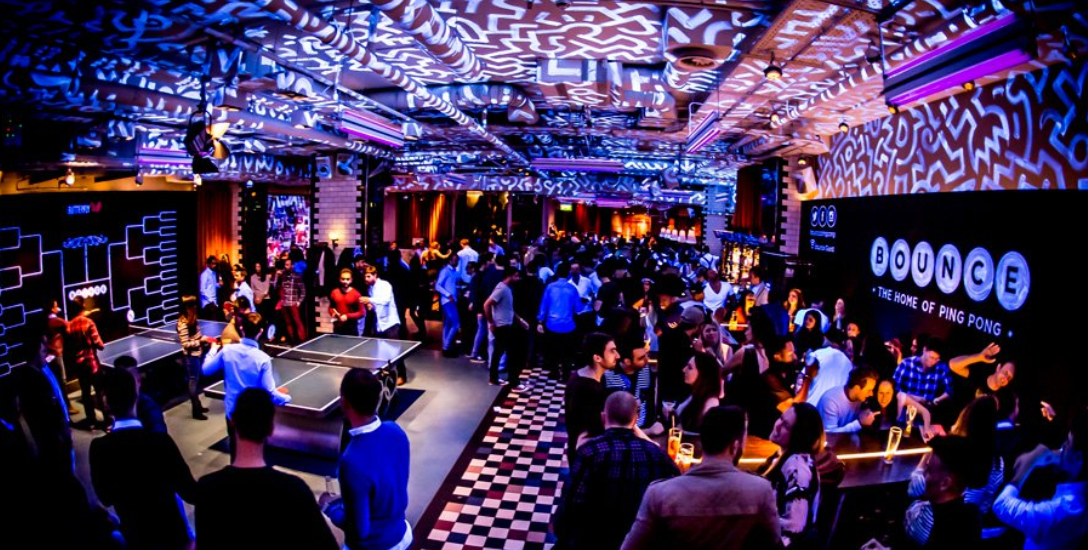This month’s leisure property blog is written by Ashley Blake of Otium Real Estate, and Chair of the LPF.
The major challenges of late night leisure
Traditionally, property investors have been wary of late-night leisure operators such as night-clubs and bars. They were concerned about three main issues.
Firstly, the lack of experienced operators with the financial covenants to match. The sector had a reputation for poor quality tenants.
Secondly, security issues that led to extra site security, higher service charges and potential reputational risk. This meant some operators, such as cinemas, were concerned about being near such operations and the impact on their family customers.
Finally, the decline of the night-club sector and a number of business failures in the sector dented the sectors reputation further. The UK now has half the number of nightclubs that it did in 2005.
Innovation in the wet-led sector
Pubs on the whole avoided these concerns due to their large, multiple operators and despite the sector still seeing a decline in overall numbers of public houses (25% have closed in the last 35 years), investors still remain very keen to invest in brands such as Marstons,
Green King and Wetherspoons. The rate of licensed premises closures has slowed as these brands open new, family friendly food-led operations and new entrants such as Brewdog appear. Our seminar on the resurgence of the wet-led sector looks at this trend in more detail.
Many developers did not design late-night uses into their schemes for fear that this could damage end-value and cause friction with other tenants. However this is now changing and I believe late-night is going to become increasingly accepted by the property investment market as a key use for mixed-use retail and leisure sites.
The evolution of late night leisure
There are a number of factors pushing this evolution. Critically there has been an emergence of well-run, branded operators with high-quality fit-outs. Good example include Revolution De Cuba and Be At One. These brands appeal to customers looking for a quality experience and often feature excellent food offers, as well as beverages. A further driver has been the move of major companies such as Stonegate Pubs into the market with their purchase of brands such as Walkabout, and developing brands such as Popworld.
An added ingredient has been the rise of competitive socialising which is often as much about the drinks sales as it is the ticket price for the activity. Operators such as Adventure Leisure, Swingers, Bounce and Flightclub are open late and target similar customers to bars and nightclubs. However, investors increasingly want these on-trend operators in their properties. A good example is Urban Junkyard Golf as an anchor in Landsec’s Westgate Shopping Centre in Oxford. These operators need long opening hours through to 1-2am in the morning and landlords need to plan their security and access to accommodate them.
Customer trends in the wet-led sector
Two customer trends are driving the wet-led sector which are impacting on late-night leisure. UK customers are actually drinking less (ignore the binge-drinking stories in the Daily Mail!) and buying higher price-point drinks such as cocktails and craft beer. They are
also demanding higher quality and safer environments. Both these trends are encouraging to the growth in higher quality operators. Indeed, as the casual dining sector has suffered a serious decline in the last year or so, wet-led operators by contrast have traded well and continue to expand rapidly. Brewhouse and Kitchen is a good example with rapid, organic growth of their micro-brewery F&B offer. Trendy operators such as Loungers and New World Trading Company were among the highest growing brands by revenues in 2017 with growth of 34% and 33% respectively.
Necessity is also driving landlords as they are finding it hard to fill their properties with restaurants and are turning to bars and competitive socialising to lease space. Nightclubs still concern property investors but the days of the large, dance led units are over in all but the largest cities with big student populations. Nightclubs are getting smaller and appealing to older customers and a better mix of male and female visitors. Stonegate’s Popworld brand and Deltic’s latest offerings tap into this market very well. Nightclub visitors now often pre-book their own booths rather than just turning up and this especially suits female customers. The Fever and Boutique brands for example feature large
dedicated booths for group bookings.
An opportunity for landlords
UK Landlords are looking for uses to replace the lack of demand from restaurants, but now have the opportunity to bring high-quality, well-run late-night operators into their sites to extend opening hours and diversify their offer. Landlords need to learn how to service and
market these tenants as well. Properly curated, these tenants no longer provide the headache for landlords that they did in previous decades. Instead they are a valuable source of tenant demand, and a complementary offer for their other operators. It’s time for the property sector to embrace life after 11pm.
Ashley Blake is CEO of Otium Real Estate which runs two leisure focused investment property funds and is also the current chairman of The Leisure Property Forum.

